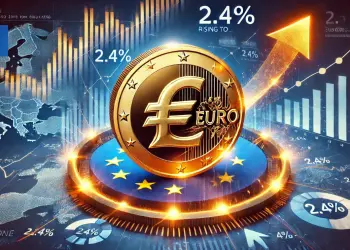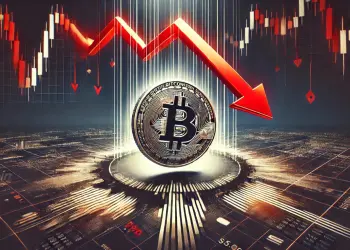Bill Gates has shaped modern life through his innovations like no other person. But he doesn’t think much of cryptocurrencies. In addition to investor legend Warren Buffett, the Microsoft founder is considered one of the loudest skeptics of the technology. He has voiced his concerns in numerous interviews over the years. He does not hold cryptocurrencies.
Your primary benefit? According to the Microsoft founder, drug trafficking and tax evasion. Gates sees a climate killer in Bitcoin. “It uses more energy per transaction than any other method we know of.” But how justified are his criticisms?
I invest in things that have a valuable output. The value of companies is based on making great products. The value of cryptocurrencies lies solely in speculating what someone else will pay for them in the future. They have no added value for society.
Bill Gates, Reddit AMA in 2022
Many cryptocurrencies are a bet on the future at this point. However, that doesn’t mean they don’t have intrinsic value. First of all, blockchain technology makes it possible to make transactions without an intermediary, such as a bank – a huge breakthrough. At the same time, many projects are working on a decentralized approach and trying to involve the community in the value creation and decision-making of their business models, i.e. to democratize industries.
Most crypto projects solve concrete problems and are already successful at it. DeFi gives more people access to financial services. Projects such as the Energy Web Foundation are driving the energy transition with blockchain. With the help of stablecoins like Tether, people save their wealth in countries where their own currency has collapsed. Or they simply send money to their relatives without a bank. One could continue this list forever.
Money laundering with cryptocurrencies
The anonymity of cryptocurrencies makes them particularly problematic when it comes to money laundering and illegal activities.
Bill Gates, Forbes 2018
The reputation as an Eldorado for money laundering has accompanied cryptocurrencies like Bitcoin for a long time. Fact is: In the last five years, 33 billion US dollars have been laundered worldwide with the help of crypto. 2021 alone saw a 30 percent surge, according to US data service provider Chainalysis, which has been investigating crypto-financial crime since 2014. For comparison: In Europe alone, between 715 billion and 1.87 trillion euros are laundered with the euro every year, according to the United Nations Office on Drugs and Crime (UNODC).
Cryptocurrency transactions are stored on blockchains for all to see. So you are not really anonymous. This transparency makes it easier to prosecute financial crime, experts like Chainalysis repeatedly emphasize. In fact, data service providers and authorities have been able to clear up many frauds, hacks and money laundering activities in the crypto sector in recent years and convict the people behind them. You can find a more detailed report on the subject in the March issue of BTC-ECHO.
Bill Gates: Bitcoin is bad for the climate
Bitcoin uses more electricity per transaction than any other method known to man. It’s bad for the climate.
Bill Gates, New York Times 2021
A single bitcoin transaction consumes approximately 700 kilowatt hours of electricity – as much as one US household uses in 24 days. Overall, the Bitcoin network devours as much energy as countries like Finland or Austria. Bitcoin is without question a power guzzler. And it should be.
Most of the energy is used for what is known as mining. New bitcoins are “mined” and distributed as a reward for maintaining the network. The high energy consumption thus contributes directly to the security and decentralization of Bitcoin. The real question, therefore, is: is the network worth the energy?
High power consumption is not automatically bad for the climate. It is more important where the energy comes from: from renewable sources or fossil fuels? Unfortunately, there are no reliable figures for this.
According to the Bitcoin Energy Council lobbying group, mining is already powered by 58% renewable energy. A study by the University of New Mexico, on the other hand, only came up with a proportion of 39 percent. The problem with these values: The empirical evidence is thin. Scientists use estimates.
- Inflation in the Eurozone rises to 2.4%, ECB continues to focus on interest rate cuts - January 9, 2025
- Solana (SOL) announces new smartphone: The Solana Seeker - January 9, 2025
- CFTC Chairman Behnam resigns: Trump moves toward crypto reforms - January 9, 2025
























